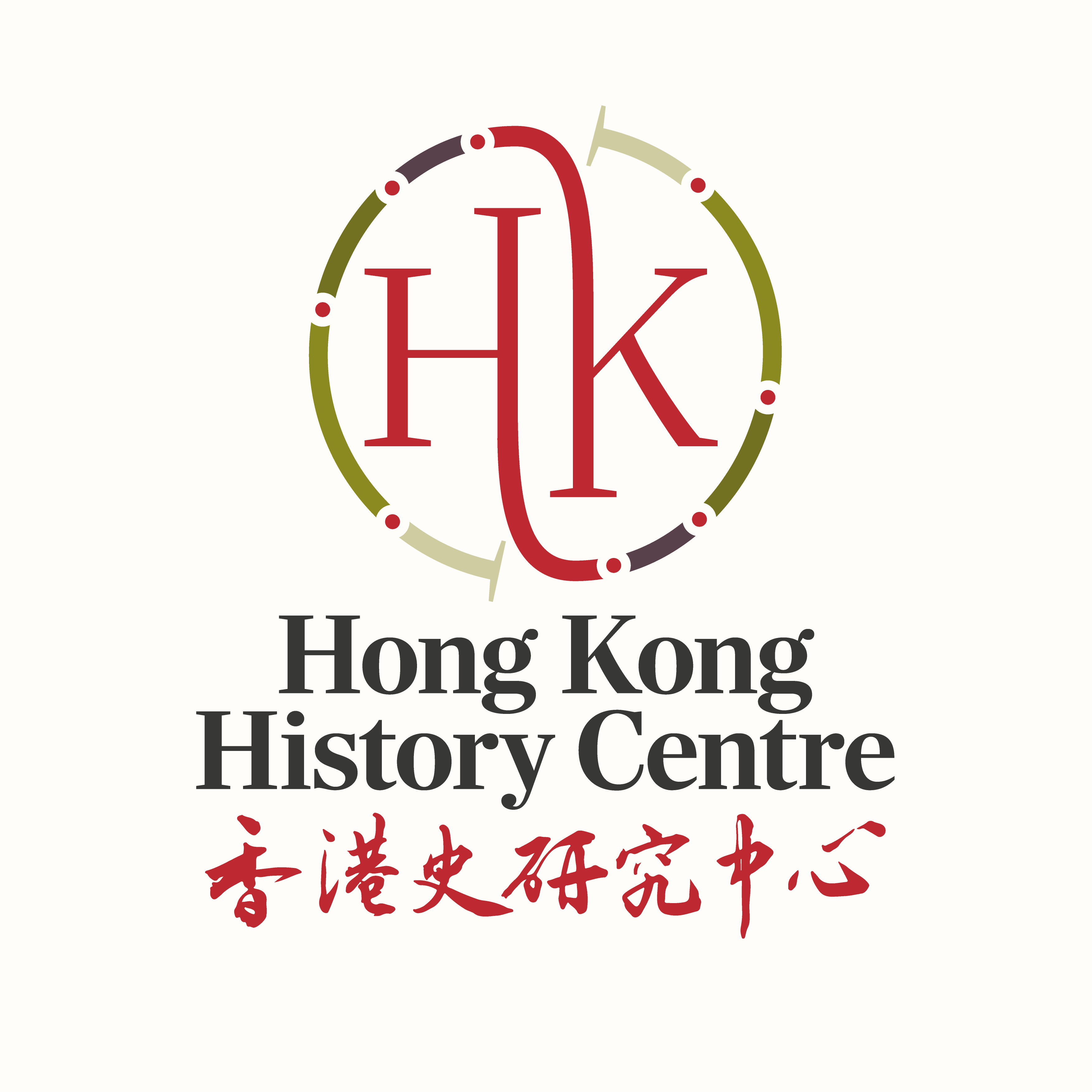One of the Centre’s missions is to nurture a new generation of Hong Kong historians.
An Early Career Scholar Network was created under the Hong Kong History Centre in June 2023. It is intended to help create a community of Hong Kong historians and offer a platform for face-to-face interaction and academic exchange among young scholars. Research students and fresh doctoral graduates working on socioeconomic, political and cultural history of Hong Kong and its global relevance are welcomed. We usually meet thrice a year (February, June and October) with participants taking turn to present their works in each meeting. Financial support is provided for our network members attending these sessions.
Please write to Prof. Ray Yep, Research Director of Hong Kong History Centre, at rekmy@bristol.ac.uk, if you are interested in joining this Network.
——
In this post, we would like to introduce Tracy Leung, a member of the Network.
Tracy Leung is a PhD student in University of Bristol. In the note written by her below, she shares with us her reflections on her academic journey and current project on how ‘youth’ were understood and managed in Hong Kong from 1945 to the 1970s, under the context and decolonization and the Cold War.
****
Like many historians in this Early Career Scholars network, my interest in history began with some history books for kids. Today, my collection, which ranges from the Three Kingdoms to the six wives of Henry the Eighth, still occupies a large portion of my bookshelf. I am curious about how people lived in the past, why they fought with each other, and more importantly, what were the juicy scandals in courts. My mum explains my curiosity about history as the fact that I love gossiping. Well, she is not wrong. 
Educated and trained as a history student, I gradually realised history is not only about gossiping. Instead, tracing the past changes my understanding of ordinary things around us. Back in my undergraduate years at the Hong Kong Baptist University, I was exposed to different fields of historical research, which inspired me to reconsider the past through various historical actors. One field that interests me the most is the history of childhood and youth. I wonder how historians could uncover children and youth experiences and how their experiences would give us a new lens to better understand some historical contexts, like colonialism.
To pursue more knowledge in history, I embarked on my research journey at the University of Hong Kong in 2021. Working with Professor David Pomfret for my MPhil project, I looked into the Girl Guide movement in Hong Kong throughout the twentieth century. (Though I am not a Girl Guide as I failed their admission interview.) In our daily life, it is common for us to see girls wearing brown or blue uniforms in the city, attending ceremonial events or selling flags for fund-raising. The public usually associated them as ‘good girls’ or girls with good behaviours. Yet, when I dig deep into its development in Hong Kong, this so-called apolitical youth activity had its imperial origins. My thesis showed that the Girl Guide movement facilitated colonial governance by providing a platform for interracial and intergenerational colonial collaboration. Its response to local and international politics shaped how it is in contemporary Hong Kong. The lived experiences of girls were also important to my project. I read girls’ oral testimonies, published writings, and memoirs, so as to find out how girls perceived themselves as a Girl Guide and how their narratives compared to adults’ expectations. It was interesting to find out that the Girl Guide uniform is an important drive to attract different generations of girls to join the Girl Guide movement.
While researching on the Hong Kong Girl Guides, I found that we actually knew very little about ‘youth’ in post-WWII Hong Kong. Indeed, Hong Kong was a very young city after the Second World War, nearly half of its population was under the age of fifteen by the 1960s.

A government poster to encourage young people to join uniformed youth clubs, Hong Kong Public Libraries.
Source for Photo on the left:
https://tinyurl.com/ffpndnmx
Same as other places around the globe, the 1960s was also an era that ‘youth problems’ often appeared on Hong Kong news headline. ‘Youth’ therefore became a significant concern to the colonial government. However, the existing scholarship has not fully examined the topic of governance of youth and youth experience in post-WWII Hong Kong. Seeing the potential for further research, I plan to expand my scope of investigation from ‘good girls’ to ‘delinquent’ youth, from a uniformed youth organization to colonial welfare policies for youth. My PhD project will explore how ‘youth’ were understood and managed in Hong Kong from 1945 to the 1970s, under the context and decolonization and the Cold War. In doing so, I will examine different aspects of youth policies, including the management of ‘juvenile delinquency,’ regulations of youth leisure, and the representations of Hong Kong youth on various international occasions. More specifically, my project will include case studies on remand homes, the Hong Kong Federation of Youth Groups, the Duke of Edinburgh Award, and youth festivals to uncover adults’ expectation on youth and youth experience. As such, I aim to provide an alternative angle to the understanding of state-society relations in post-WWII Hong Kong.
****
和其他Early Career Scholars Network 的歷史學者一樣,我對歷史的興趣也是源自於小時候看的歷史書。到了今天,那些給小朋友看的歷史書依然佔了我的書櫃大部分位置。我很好奇人們在過去是如何生活,為什麼他們會互相打來打去,更重要的是,以前的宮廷有什麼有趣的傳聞。我的媽媽嘗試解釋我對歷史的喜愛。她說是因為我的性格比較「八卦」。嗯,她是對的。
後來在歷史學的訓練下,我慢慢意識到歷史學不只是「八卦」前人的生活。反而,追朔過去改變了很多我對身邊日常事物的看法。 在香港浸會大學修讀學士課程期間,我接觸到多種歷史研究方法,啟發了我用不同的角度來重新審視過去。其中我最感興趣的是兒童和青年史。我想知道歷史學家如何發掘兒童和青少年的歷史,以及他們如何透過兒童和青少年的視野來更深入了解一些歷史概念和場景,例如:殖民主義。
為了追求更多的歷史知識,我於二零二一年在香港大學展開了我的歷史研究之旅。我的哲學碩士論文研究了二十世紀的香港女童軍運動 (但我不是女童軍,因為很可惜地我沒通過面試。)在日常生活中,我們經常看到這些女孩穿著棕色或藍色的制服在城市中遊走,參加公眾活動或賣旗籌款。公眾通常將她們視為「好女孩」。然而,當我深入探討女童軍運動在香港的發展時,這種所謂非政治性青年活動卻有著帝國主義的根源。我的論文提出,女童軍運動促進了跨種族和世代間的合作,推動了殖民治理。女孩們的實際生活經驗對我的研究也很重要。我閱讀了她們的口述歷史紀錄、出版著作和回憶錄,以了解她們如何看待自己作為「女童軍」的身分。我也嘗試去分析她們的自我論述與成年人對她們的期望究竟有何不同。有趣的是,女童軍制服原來是吸引不同世代女孩加入女童軍運動的重要動力。
在研究香港女童軍時,我發現我們對二戰後的香港青少年也所知甚少。事實上,香港在第二次世界大戰後是一個非常年輕的城市。到一九六零年代,近一半的人口年齡都是在十五歲以下。與此同時,和世界其他地方一樣,香港新聞頭條也經常出現所謂的「青少年問題」。「青少年」因此成為了殖民政府關注的重點。然而,現時的研究卻還未有充分探討二戰後香港的青年治理這個主題。

A government published brochure that introduced leisure activities for youth in Hong Kong, HKRS306-1-225, Hong Kong Public Record Office
因此,我計劃把我的研究範圍從「好女孩」擴大到「不良」青年,從單一制服青少年團體擴大到殖民地青少年福利政策。我的博士論文將探討 一九四五年至一九七零年代香港在非殖民化和冷戰背景下如何理解和管理「青少年」。我將會檢視青少年政策的不同面向,包括殖民政府如何看待和管理「青少年犯罪」的問題、如何推動和設計青少年的休閒活動,以及香港青少年如何在各種國際場合代表香港。更具體地說,我的研究將包括對懲教所、香港青年協會、愛丁堡公爵獎和青年節的案例研究,以揭示當時成年人對青少年的期望和青少年政策對他們實際上的影響。
時至今天,「青少年問題」以及如何將青少年變成「好公民」仍然是當代香港的重要課題。 「青少年」作為一個社會群體,經常受到社會的關注,因為他們往往象徵著國家的未來。同時,從十九世紀末期開始,「青少年」時期就被認為是一個需要成年人「指導」的人生階段。透過檢視「青少年」和「青少年問題」的概念在過去是如何被建構,我希望我的研究能對我們了解殖民與後殖民時期當權者與年輕一代之間的關係帶來一些新的反思。








